
Environmental Science: Water Research & Technology seeks to showcase high quality research about fundamental science, innovative technologies, and management practices that promote sustainable water.
ISSN: 2053-1419
Journal Impact factor
3.1 (2024)
First decision time (all)
13 days
First decision time (peer reviewed)
48 days
Scope
The journal aims to provide a comprehensive and relevant forum that unites the diverse communities and disciplines conducting water research relevant to engineered systems and the built environment. This includes fundamental science geared toward understanding physical, chemical, and biological phenomena in these systems as well as applied research focused on the development and optimisation of engineered treatment, management, and supply strategies.
Papers must report a significant advance in the theory, fundamental understanding, practice or application of water research, management, engineering or technology, within the following areas:
- Treatment and fate of chemical and microbial contaminants, including emerging contaminants
- Water distribution and wastewater collection
- Green infrastructure
- Stormwater management and treatment
- Potable reuse
- Residue management
- Sustainability analysis and design, including life cycle assessment studies
- Municipal and industrial wastewater treatment and resource recovery
- Drinking water treatment
- Water policy and regulation
- Applications of new water technologies*
- Water, sanitation and hygiene (WASH)
- Water-energy nexus
- Simulation and data science applications to engineered water systems
- Environmental remediation of soil, sediment, and groundwater
- Impacts of climate change on engineered water systems
The journal places special focus on issues associated with water sustainability, as well as research that may lead to more secure, resilient and reliable water supplies. And it welcomes inter- and multidisciplinary work contributing to any of the above developments that are likely to be of interest to the broad community that the Journal addresses.
Manuscripts should be written to be accessible to scientists and engineers in all disciplines associated with the Journal.
All manuscripts must highlight their novel features and explain the significance of the work relative to related studies in their field as well as the likely impact on relevant water communities in the industry, government or academia.
Measurement advances and analysis: these papers are encouraged and must clearly focus on the relevance of the work to engineered water systems and clearly explain the implications of the analysis or observations for sustainable water management. Papers dealing only with analysis, analytical method development or that simply report measured concentrations of target analytes (for example, occurrence and effluent concentrations of novel pollutant classes) will not be considered for publication.
Modeling: papers that lack appropriate validation through either experimental data or available and reliable datasets will not be considered for publication.
New materials or technologies for water treatment: emphasis must be placed on one of the following:
- Developing a fundamental understanding of the underlying mechanisms integral to technology performance
- Demonstrating how the practical application of the technology advances the field and improves upon existing treatment options
Papers in this area are strongly discouraged from focusing solely on technology demonstrations in model systems with model pollutant targets. Rather, they are encouraged to consider performance in complex (that is, environmentally relevant) systems and performance metrics (for example, efficacy across multiple pollutant targets, longevity, regeneration during application, and sustainability assessment) most relevant to real world application.
Technology papers: we will not consider papers that focus solely on any of the following:
- Heavily focused on material synthesis and characterisation (such as nanomaterial catalysts)
- Consider only the removal of highly idealised targets (such as dyes)
- Work exclusively in clean laboratory systems
- Do not demonstrate innovation that advances the treatment field, or develops a technology without a clear and viable pathway to full scale implementation
Sustainability assessments: papers that cover, for example, life cycle assessment or life cycle cost analysis, of water-related technologies and systems must emphasize the fundamental insight into the factors governing technology or system performance. Papers are strongly discouraged from solely reporting absolute or comparative assessments of technologies/systems without uncovering novel insight or identifying critical barriers to sustainability.
These guidelines will be used by our Associate editors and reviewers to assess the significance of each submitted manuscript.
Readership
Scientists, engineers, policy makers, individuals working in the water associated industries and the general public.
Information for authors
Want to publish in this journal? Our author guidelines explain how to prepare and submit your article and provide useful information on the review and publication process including transfers, revisions and any article processing charges (APCs) that may apply.
You can read our payments and funding information for further details about APCs, which may apply for publishing open access in this journal, as well available discounts and waivers.
You may be able to publish open access in this journal, with no APC to pay, if your institution has an open access agreement with us. You can use our journal finder tool to check for agreements between us and your institution.
Meet the team
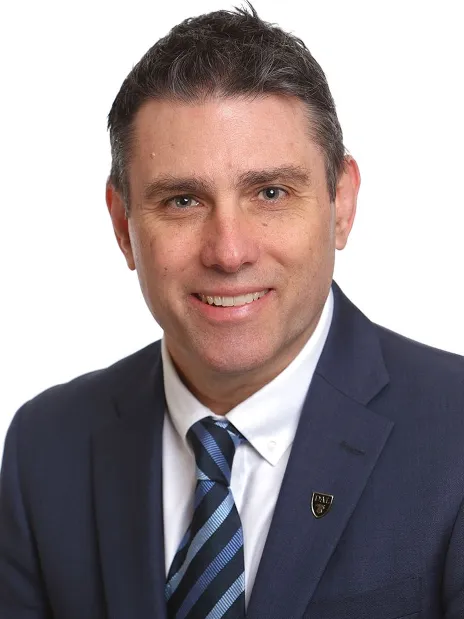
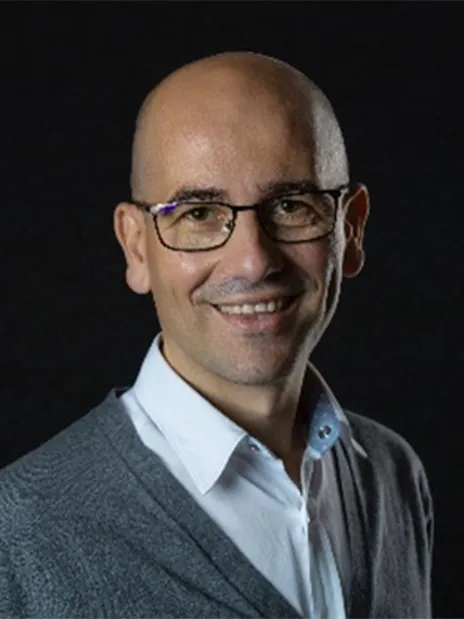
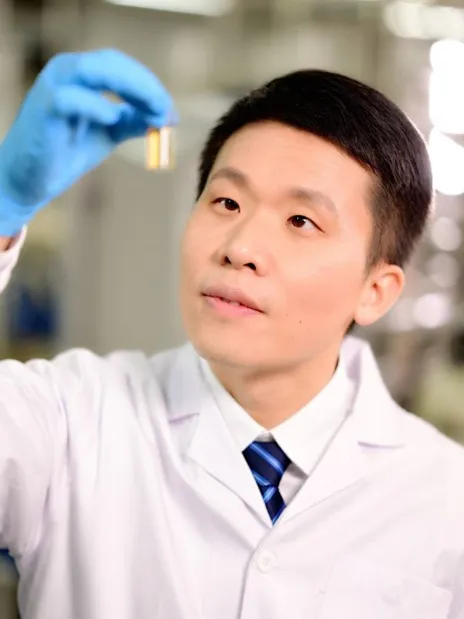
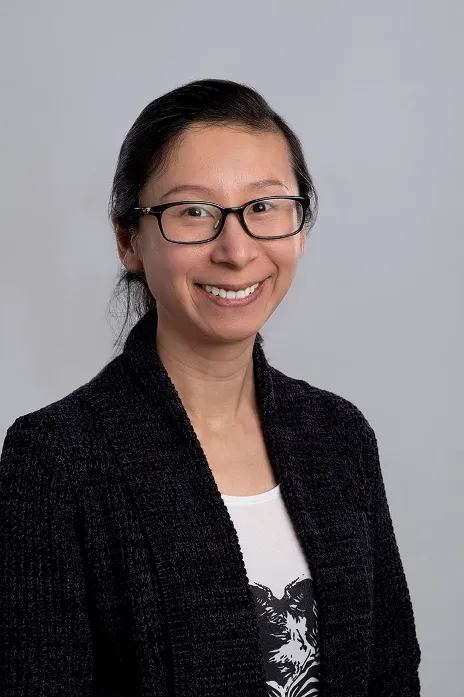
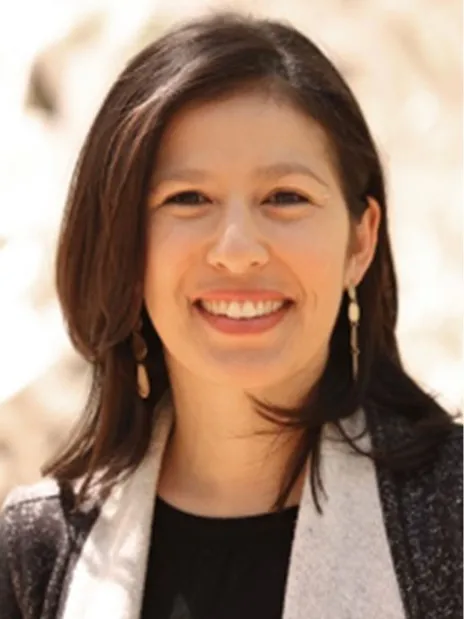

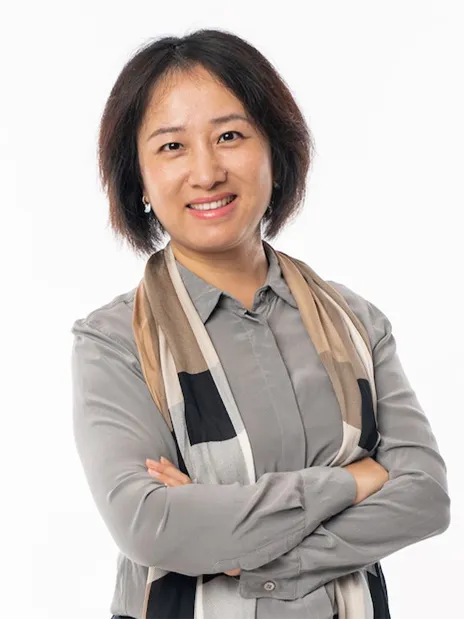
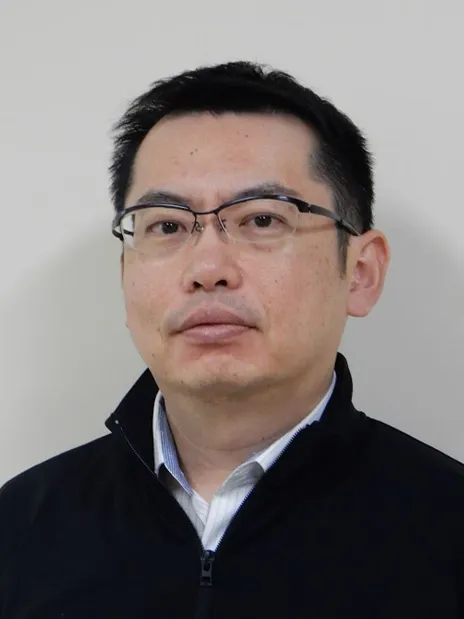

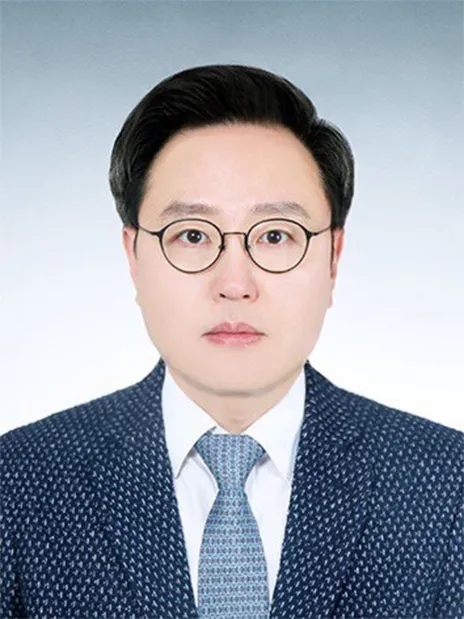
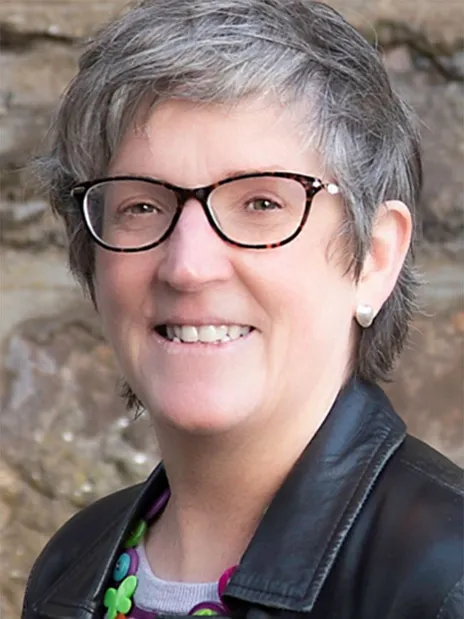
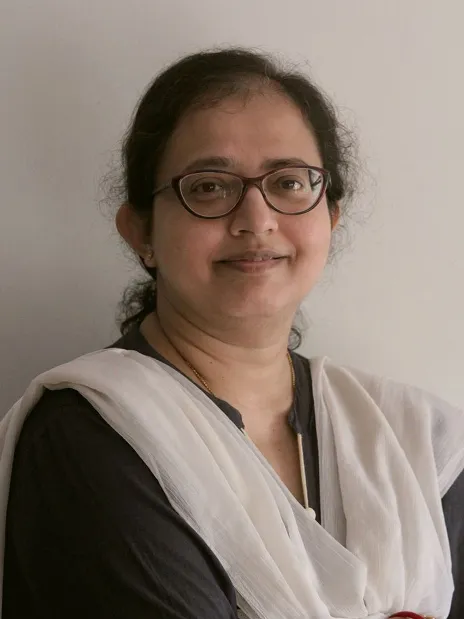
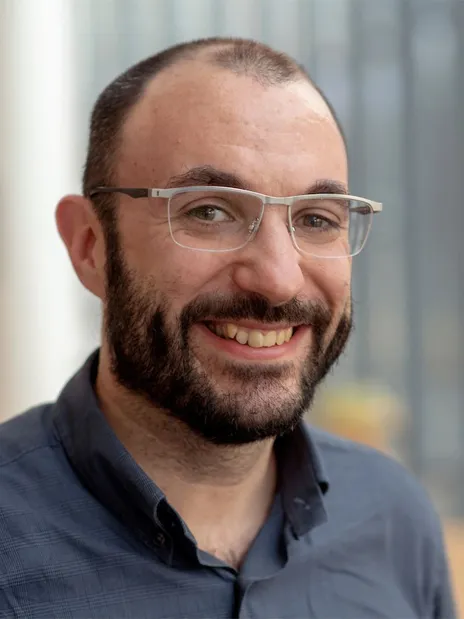

Federico Aulenta
National Research Council
Nicholas Ashbolt
University of Alberta
Tom Bond
WRc Group
Joby Boxall
University of Sheffield
Kartik Chandran
Columbia University in the City of New York
Amy Childress
University of Southern California
David Cwiertny
University of Iowa
Joel Ducoste
North Carolina State University
Marc Edwards
Virginia Tech
Jingyun Fang
Sun Yat-sen University
Maria Jose Farre
Catalan Institute for Water Research
Yujie Feng
Harbin Institute of Technology
Ramesh Goel
University of Utah
Ola Gomaa
National Center for Radiation Research and Technology
Chris Gordon
University of Ghana
April Gu
Cornell University
Jochen Hack
Leibniz University Hannover
Zhen "Jason" He
Washington University in St. Louis
Xia Huang
Tsinghua University
Cynthia Joll
Curtin University
Tamar Kohn
École Polytechnique Fédérale de Lausanne
Peng Liang
Tsinghua University
Irene Lo
Hong Kong University of Science and Technology
Julie Minton
WateReuse Foundation
Vincenzo Naddeo
University of Salerno
Indumathi M Nambi
Indian Institute of Technology Madras
Long Ngheim
University of Technology Sydney
Paige Novak
University of Minnesota
Yong Sik Ok
Korea University
Ligy Philip
Indian Institute of Technology Madras
Thalappil Pradeep
Indian Institute of Technology Madras
Zhiyong "Jason" Ren
Princeton University
Peter Robertson
Queen's University Belfast
Michael Templeton
Imperial College London
Kai Udert
Swiss Federal Institute of Aquatic Science and Technology
Subramanyan Vasudevan
CSIR-Central Electrochemical Research Institute
Xin Wang
City University of Hong Kong
David Weissbrodt
Delft University of Technology
Krista Wigginton
University of Michigan
Di Wu
Ghent University
Defeng Xing
Harbin Institute of Technology
Jeyong Yoon
Seoul National University
Jon Ferrier
Executive Editor
Demitra Ellina
Deputy Editor
Lucy Argyle
Editorial Production Manager
Alex Holiday
Editorial Assistant
Jamie Purcell
Assistant Editor
Alexander John
Assistant Editor
Emily Ellison
Assistant Editor
Clare Fitzgerald
Assistant Editor
Lauren Yarrow-Wright
Assistant Editor
Kevin Vincent
Assistant Editor
Andryj Borys
Assistant Editor
Lee Colwill
Publishing Assistant
Sam Keltie
Publisher
Read this journal
Paper
Willingness to pay for nationwide wastewater surveillance system for infectious diseases in Japan
Critical review
Assessing the environmental impact of freshwater use in LCA: established practices and current methods
Paper
Pathogen and indicator trends in southern Nevada wastewater during and after the COVID-19 pandemic
Paper
A case study of ethical bridges: wastewater-based epidemiology in the Rubbertown Air Toxics and Health Assessment (RATHA) project
More from this journal
Contact the journal team
We're here to help. Contact the journal team if you have any questions about publishing your paper with us.
Sign up for journal email alerts
Get table of contents alerts and notifications about calls for papers, themed issues and more.
